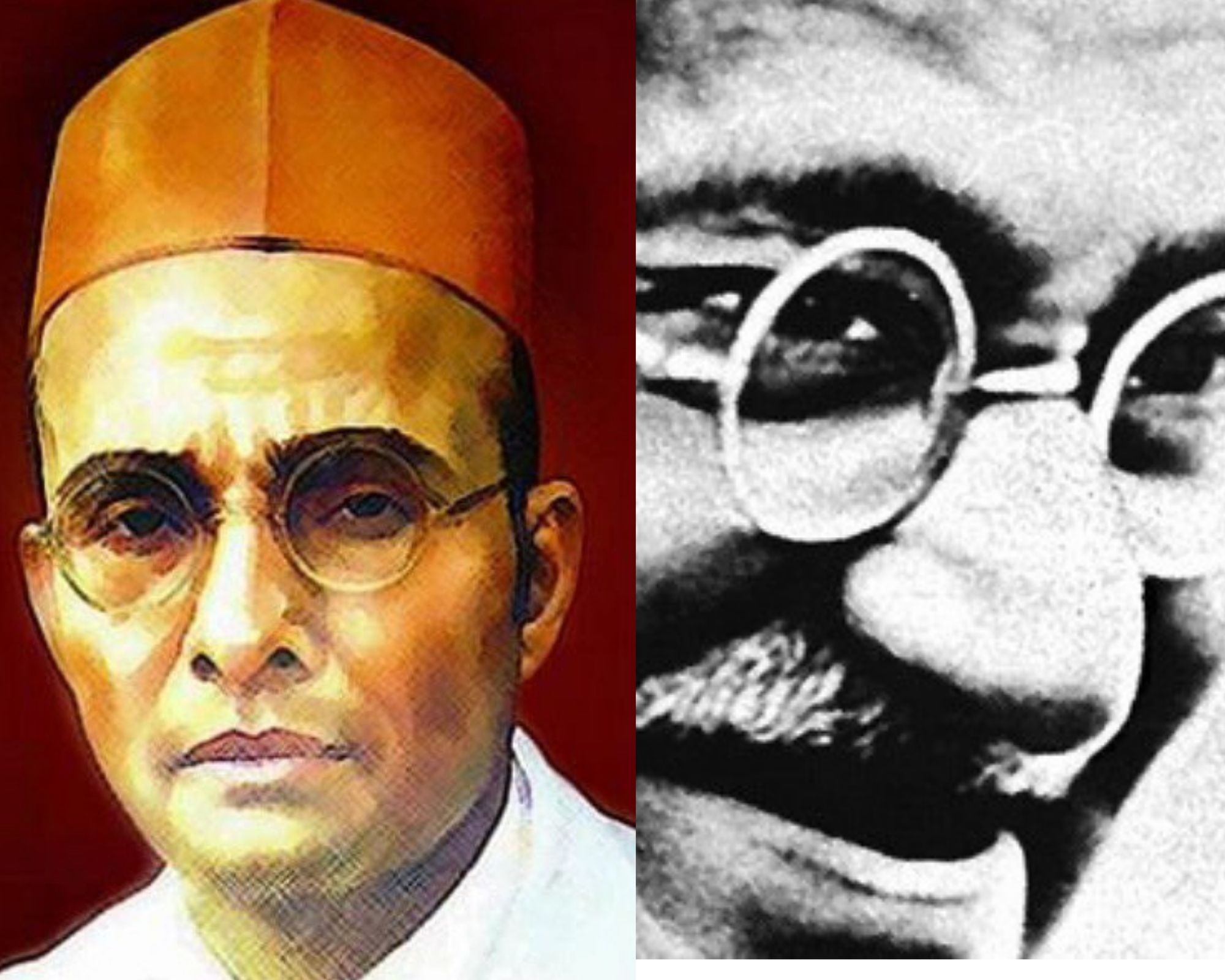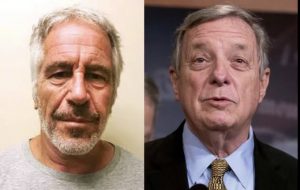Defence Minister Rajnath Singh‘s ‘mercy plea’ remarks earlier this week on one of India’s most contentious political figures, Vinayak Damodar Savarkar aka Veer Savarkar, has drawn sharp criticism from opposition leaders and the public in general. A large section of social media users accused Singh of misinterpreting and re-writing history to back his religious ideology.
Rajnath Singh, one of the key leaders in the Narendra Modi regime, on Tuesday said it was Mahatma Gandhi who requested Savakar to write mercy petitions to the British.
“Lies were spread about Savarkar repeatedly. It was spread that he filed many mercy petitions for seeking his release from jails…. It was Mahatma Gandhi who asked him to file the mercy petitions…,” PTI quoted the defence minister as saying.
Ever since Singh’s comments about Veer Savarkar, there have been intense debates on whether the Hindu nationalist sought clemency from the British government or if it was Mahatma Gandhi who prompted him to take the step.
So, did Mahatama Gandhi really ask Savarkar to file mercy pleas before the British?
According to well-known historian Ramachandra Guha, Mahatma Gandhi and Savarkar fiercely opposed each other due to a colossal difference in their political ideologies. Savarkar, Guha says, stood for everything Gandhi was against and vice versa.
The historian further claims that in 1909, Savarkar openly abused Gandhi suggesting that his hatred was growing personal, as per a BBC report.
“When the leader’s wife, Kasturba, died, Savarkar refused to contribute to a fund being created in her memory, saying ‘Gandhi had never shed a tear for the martyred men and women hung and shot by the British in pursuit of their armed attempts to overthrow British rule,” Dr Guha noted.
Also Read: Mahatma Gandhi’s ideals on life and humanity
However, in 1920, Veer Savarkar’s brother Narayan Rao wrote a letter to Gandhi seeking his advice to get his brother out of the ghastly cellular jail, noted Dr Sampath, historian and author of a two-volume biography on Savarkar.
To which, Gandhi as per BBC replied by saying, “It is difficult to advise you. I suggest, however, framing a brief petition setting forth facts of the case bringing out in clear relief the fact that the offence committed by your brother was purely political.”
However, a few months later, Gandhi, through an article in his newspaper Young India, built a case for the release of the Savarkar brothers. He wrote that the Savarkar brothers had said: “they did not entertain any revolutionary ideas.”
Here’s an excerpt from Gandhis’ article as per a BBC report, “They both state unequivocally that they do not desire independence from the British connection. On the contrary, they feel that India’s destiny can be worked out in association with the British. Nobody has questioned their honour or their honesty.”
However, as per historical accounts of Guha and Sampath, Gandhi’s intervention in the Savarkar brothers’ mercy plea affair began only after the latter had already begun filing his pleas. In fact, Gandhi was in South Africa when the first such plea was filed. He only returned to India three years later.







